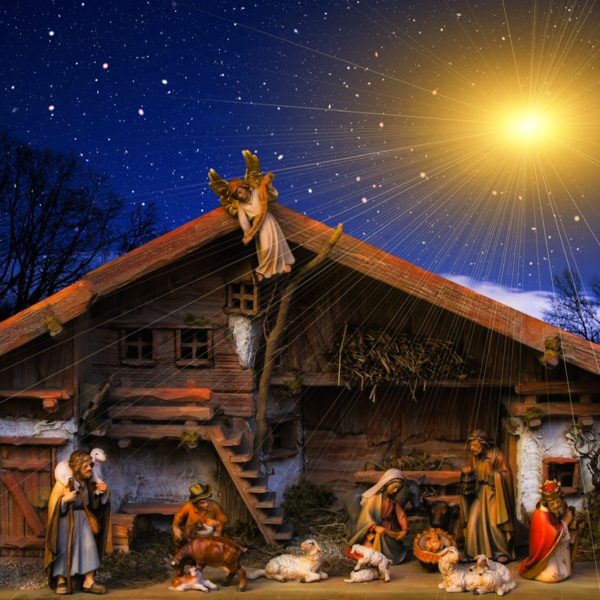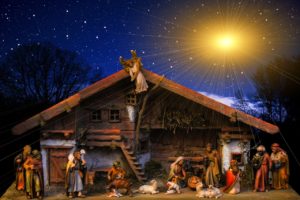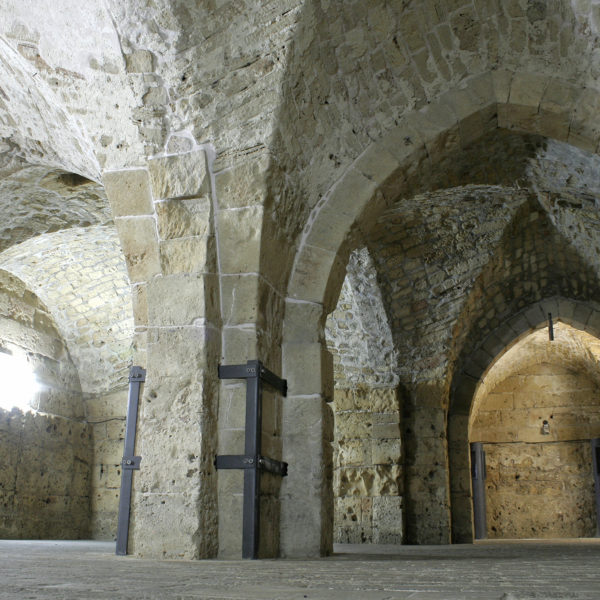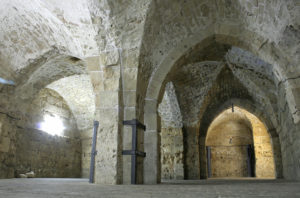He Keeps His Promises

This week’s message is the background for this week’s devo. So if you kinda get lost on this devo, that’s the backstory.
I admit it. It is easy to say “God keeps His promises,” quote 2 Corinthians 1:20 (All the promises of God are “Yes” in Christ), throw down the mic and walk off the stage. It’s even easy to understand how that verse is true. In Christ, God has kept his promises and covenants with the people of God.
But what about…
What about Jesus’ words, “pray with the faith of a mustard seed and you can say to this mountain go throw yourself in the ocean and it will happen?” What about Paul’s words, “God is working all things out for good for those called according to His purposes?” What about the promise of the peace of God in my life? What about 50 other verses I could quote?
Yeah, about that…
Jesus made other promises that I sometimes forget about. The promise that I would be misunderstood and misquoted because of my faith. The promise that the culture around me would get more hostile to Jesus. The promise that I would be persecuted because of my faith. The promise that He disciplines His children.
I have a tendency to forget about those promises.
My life is better with Jesus. I know this to be 100% true. I’m a better person with Jesus. My marriage is better. My kids. My job. There is not any area in my life that would be better without Jesus. I know this because I remember a time in my life without Jesus.
Better is NOT easier. Better is not more comfortable. Better is not safer, richer, or more predictable.
Listen to the stories of those who have come to faith later in their life. Listen to those who have walked with Jesus a long time. Listen to their experience, and you’ll hear a common thread. God has kept His promise – to never leave them, to make them look more like Jesus. These are the promises that matter most.
I can’t explain why I haven’t been able to move a mountain into the sea. Maybe I don’t have enough faith. Maybe the mountain Jesus is moving is me. I can’t always see the good in trauma and crisis. I can’t always see how God is going to use pain, hurt, anxiety, or disappointment.
But I’m always amazed at how God works. Always. I’ve got a list of prayers and ‘promises’ that I am so glad that God said “No” to. He’s proven Himself over and over. So when those times come… I’m choosing to believe that somehow, someway, sometime He will once again prove how H
e kept his promises.





 I miss my grandfather.
I miss my grandfather.
 It sounded like a good idea at the time.
It sounded like a good idea at the time.
 One of my favorite nativity scenes of all times involves a Delorean and Yoda. I’m not saying it’s accurate. I’m saying I like it. Actually, I love the idea behind it better. Looking at the Christmas story through the eyes of people who we typically don’t think of being a part of the Christmas story. And if that happens to involve characters from movies of my childhood… all the better.
One of my favorite nativity scenes of all times involves a Delorean and Yoda. I’m not saying it’s accurate. I’m saying I like it. Actually, I love the idea behind it better. Looking at the Christmas story through the eyes of people who we typically don’t think of being a part of the Christmas story. And if that happens to involve characters from movies of my childhood… all the better.




 May no one ever eat fruit from you again. Jesus in Mark 11:14
May no one ever eat fruit from you again. Jesus in Mark 11:14
 Looking at him, Jesus loved him… Mark 10:21
Looking at him, Jesus loved him… Mark 10:21
 “Let the children be fed first, because it isn’t right to take the children’s bread and throw it to the dogs.”
“Let the children be fed first, because it isn’t right to take the children’s bread and throw it to the dogs.”